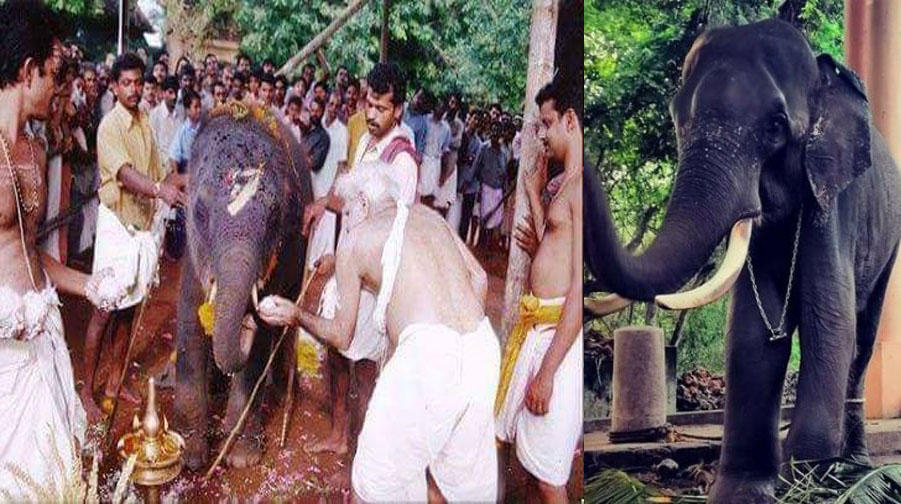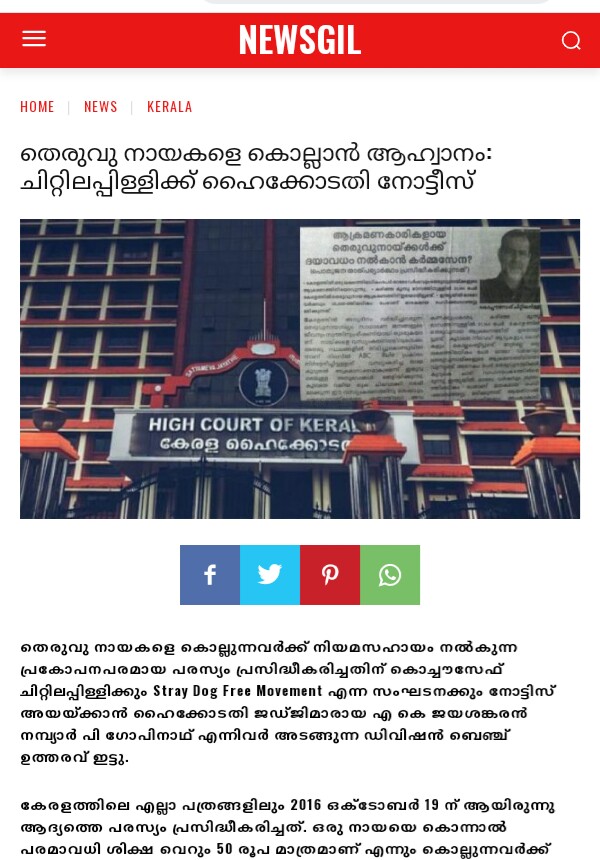In 1977, the Indian government elevated elephants from Schedule I to II under the Wildlife Protection Act of 1972. As a result, capturing and training wild elephants became prohibited. The lawmakers anticipated that the current generation of elephants used for parading and logging would eventually vanish. Consequently, no provisions were made regarding the existing captive parading elephants. A social hierarchy has persisted, as captive elephants used for parading do not possess any legal or constitutional recognition even now.
In India, elephants are not categorized as drought animals, making their use for work illegal; however, traditional practices like logging and parading have persisted without legal endorsement.
In Kerala, over 54 percent of elephants born after 1977 have been unlawfully held by private individuals for commercial use. This figure excludes elephants found in rehabilitation centers, hospitals, and zoos.
We have filed a Public Interest Petition asserting that any form of employment, abuse, or enforced display of elephants is unlawful. The procession of any elephant born post-1977 is subject to imprisonment under the Wildlife Protection Act of 1972.
We plead for the elephant’s release into its natural habitat in accordance with the guidelines set forth by the International Union for Conservation of Nature (IUCN) and the Central Zoo Authority of India (CZA). Furthermore, we call for an inquiry by the CBI or another independent agency into the unlawful training, trading, transport, and ownership of captive elephants, as well as the annulment of the Captive Elephant (Transfer or Transport) Rules, 2024 established by the central government.
The petition also urged the High Court to take action against the Wildlife Department for their inability to penalize those responsible for offenses against both captive and wild elephants. Available records indicate that no punishment for the mistreatment of captive elephants has been imposed in the last 11 years, and none for wild elephants in the past 6 years within the state. In addition, we have sought legal measures to be pursued against the wildlife department for the unlawful capture of elephant calves from their natural habitats to support tourism.
The Indian government has issued a new regulation permitting the transportation and transfer of elephants between states as of March 2024. A significant number of agents from Kerala have traveled to the Northeastern states of Assam, Tripura, and Arunachal Pradesh to acquire elephant calves. Our petition has successfully halted the transport of these elephants to Kerala, as the wildlife department is not granting the NOC for transfer based on the concerns raised in our petition.
The petition is currently awaiting a decision from the High Court of Kerala.
https://www.moneycontrol.com/news/india/kerala-hc-seeks-centre-state-govt-stand-on-pil-claiming-captive-elephants-illegally-captured-12589731.html
https://ground.news/article/captive-elephants-in-kerala-illegally-captured-says-pil-in-hc
https://ibcworldnews.com/india/hc-seeks-centre-keralas-stand-on-pil-claiming-captive-elephants-illegally-captured/142111


